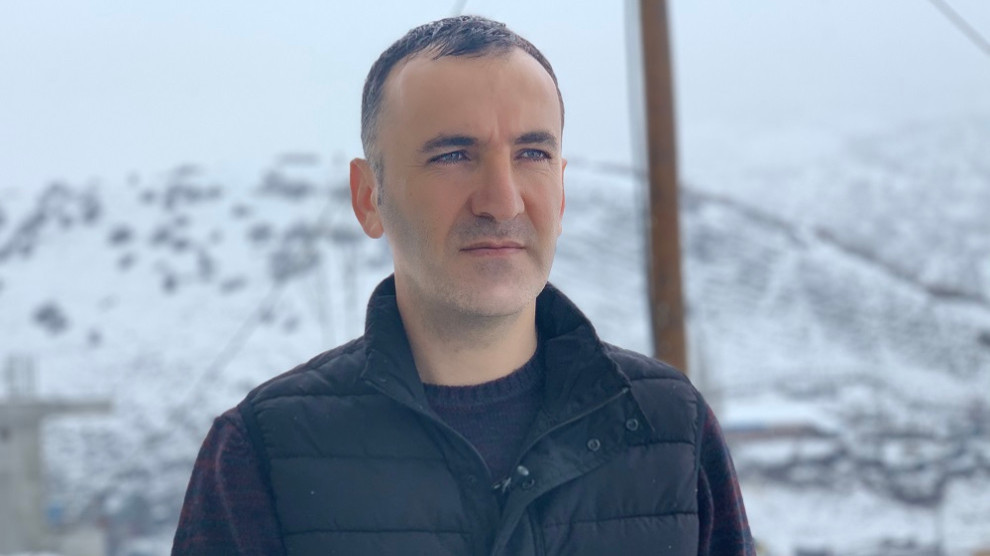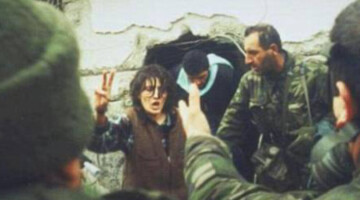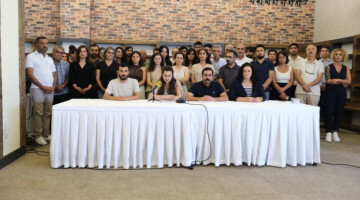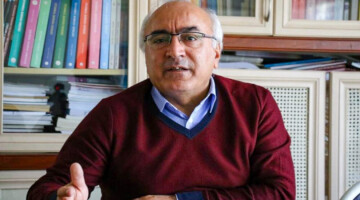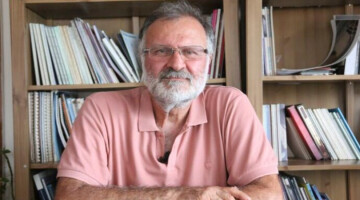Eight years have passed since the murder of 34 civilian Kurds, 19 of whom were children, in Roboski as a result of the bombing by Turkish warplanes. The pain of the massacre for families and Kurdish people is as strong as it was on the first day.
Former HDP Şırnak MP Ferhat Encu, evaluating the legal process on the anniversary of the massacre, stated that eight years have passed and families have gone through an intensive struggle process.
Stating that they are confronted by the State with all kinds of dirty policies, Encu said: "From arrest to punishments, the State tried to make us give up this struggle by constantly resorting to the judicial mechanism. We have maintained our resistance, we have paid all kinds of costs."
Encu noted that the Roboski massacre caused traumas on families and society, and that the published images together with the developments and words that followed the massacre aggravated the trauma.
Two days after the massacre, the Prime Minister of the period [Erdogan] thanked the General Staff after sending the "sensitive" dossier, reminded Encu, adding: "We questioned this sensitivity. 34 people, 19 of whom were children, lost their lives, families tried to retrieve the bodies teared apart under the rubble with their fingernails and tried to bring the wounded to the hospital. They carried their dead to a saddlebag, sack, or saddle, or carrying in their back. Then they tried to bring them to the village one after another on tractor trailers. There is only one internal state here, which is the one that carried out the massacre."
Encu added that the state deepened the trauma further in the days after. "After the publication of photos and videos, the State aggravated the trauma of families by distorting events. We took a stand against this, we fought. We stepped up the struggle so that there would not be other massacres like Roboski, and we will continue to do so."
Encu stated that the speeches and statements made by families since the first day of the massacre were subject to the judicial mechanism: "We were faced with a continuous judicial mechanism because of our words or because of our struggle. This was the pressure to force us back from the struggle."
This massacre, said Encu, "is not an ordinary massacre, it lasted about 40 minutes, but before that there was a vision of footages for 12 hours. Those people are spotted with heron, it was clear who they were, where they went, how they moved. Therefore, the available data from this shows that this massacre is conscious and planned. The way in which this massacre took place is clear when we look at the attitude that follows."
After the massacre, rather than those who carried out the massacre it was the families, those who wanted justice, that were and still are arrested and put in prison. "Of course, when we look at today, we see not only Roboski. We saw massacres in Cizre, Sur, in Til Rifat, where children were killed. It is the conscious policy of the state. It is an attitude towards the Kurds. We will not remain silent against this, we will continue to fight both for justice and democracy and freedom."
Legal process
Encu noted that the judiciary had an attitude aimed at covering up the massacre since the beginning. When families went to Ankara demanding justice and the truth, they were opened a file against."
Former MP Encu listed the many unlawful procedures followed by the judiciary system.
When families applied to the European Court of Human Rights, said Encu, "exercising our right to individual application as families, unfortunately the ECtHR ruling on the case was a political one."

